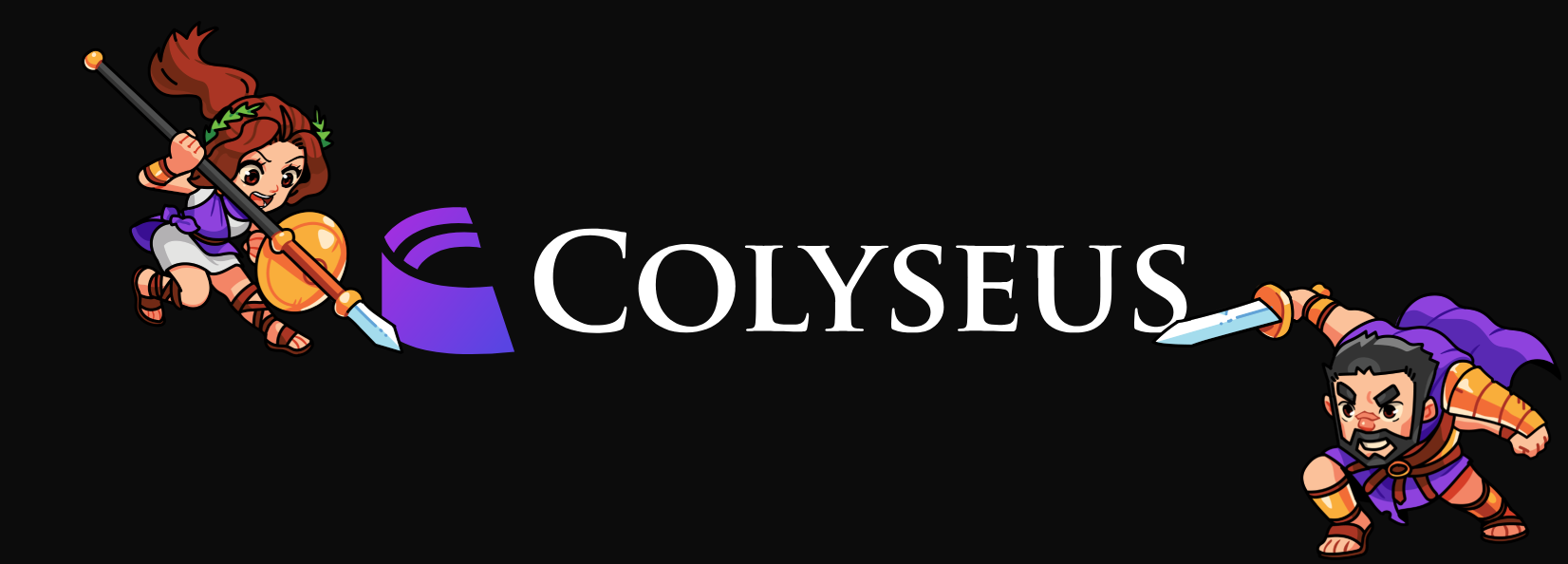
What is Colyseus Multiplayer Framework?
Colyseus is an open-source Node.js framework for building authoritative game servers - with real-time state synchronization, matchmaking, and effortless integration into any game engine or frontend.
- Match-making into Rooms – From a single Room definition, clients are matched into multiple Room instances.
- State Synchronization – Automatically synchronize the state from the server with connected clients.
- Scalable – Built for horizontal and/or vertical scalability.
- Cloud agnostic – You may self-host it on your own servers for free, or use our commercial Colyseus Cloud service.
System Requirements
Before we start, let’s make sure you have the necessary system requirements installed in your local machine.
- Download and Install Node.js LTS version
- Download and Install Git SCM
- Download and Install Visual Studio Code (or other editor of your choice)
How does it look like?
Create a server (Node.js or Bun)
Create and start a new Colyseus server using the following commands:
# Create a new Colyseus project
npm create colyseus-app@latest ./my-server
# Enter the project directory
cd my-server
# Run the server
npm startDefine your Room State
The Room state is the data structure that will be synchronized between the server and the connected clients:
import { Schema, MapSchema, type } from "@colyseus/schema";
export class Player extends Schema {
@type("number") x: number = 0;
@type("number") y: number = 0;
}
export class MyState extends Schema {
@type({ map: Player }) players = new MapSchema<Player>();
}Create your Room code
Define the game logic and client interactions with the game state within your Room code.
import { Room, Client } from "@colyseus/core";
import { MyState, Player } from "./MyState";
export class MyRoom extends Room {
maxClients = 4;
state = new MyState();
messages = {
doSomething: (client, payload) => {
// handle client's "doSomething" message
}
}
// Called when the room is created
onCreate(options) { }
// Called when a client joins the room
onJoin(client: Client, options: any) {
this.state.players.set(client.sessionId, new Player());
}
// Called when a client leaves the room
onLeave(client: Client, options: any) {
this.state.players.delete(client.sessionId);
}
// Called when the room is disposed
onDispose() { }
}Expose the Room identifier
Exposing the room type allows clients to connect to the server and dynamically create instances of it.
import { defineServer, defineRoom } from "colyseus";
import { MyRoom } from "./MyRoom";
const server = defineServer({
rooms: {
my_room: defineRoom(MyRoom),
},
});Join the Room from the client SDK
Communication between the client and server occurs through room connections. Below are examples for each SDK showing how to join a room and listen for state changes:
import { Client, Callbacks } from "@colyseus/sdk";
async function connect() {
const client = new Client('http://localhost:2567');
const room = await client.joinOrCreate('my_room', {
/* custom join options */
});
const callbacks = Callbacks.get(room);
// Listen to 'player' instance additions
callbacks.onAdd("players", (player, sessionId) => {
console.log('Player joined:', player);
});
// Listen to 'player' instance removals
callbacks.onRemove("players", (player, sessionId) => {
console.log('Player left:', player);
});
// Send messages to the server
room.send("doSomething", {/* ... */});
return room;
}
connect();Explore more
Explore more about Colyseus by following the tutorials and example projects: